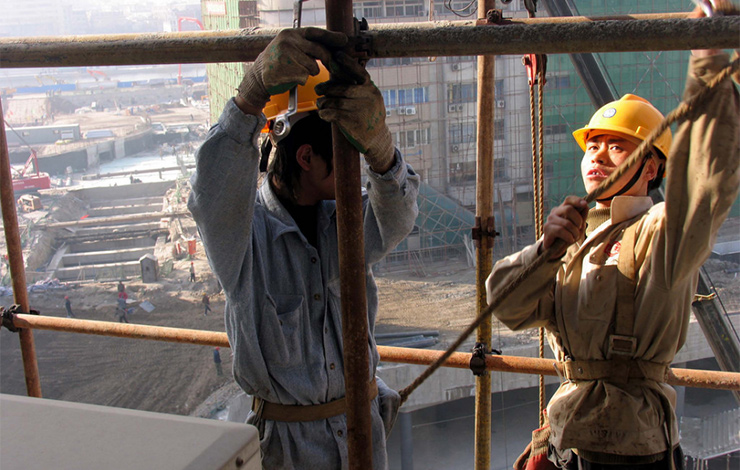To protect the rights of migrant workers seeking to transition from agricultural to industrial work, this program provided workers with legal assistance, training, and consultations to raise their awareness about labor laws and regulations. In addition to offering trainings on contracts, injury and disease prevention, and product safety, this program provided legal aid to over 350 migrant workers.
Challenge

Yunnan Province has millions of migrant workers who are looking to transition from agricultural to industrial work. While the provincial government has provided new migrants some opportunities for technical skill training, it has not provided any legal training or assistance. Therefore, migrant workers tend to have an extremely limited understanding of the law, their rights, and the best manner by which to settle disputes that may arise. They are particularly vulnerable to being taken advantage of by unscrupulous employers, who may withhold their salaries, force them to work long hours, or deny them health and social services.
Program Summary
Yunnan University School of Law used a multi-faceted approach to educate and empower migrant workers in the Yunnan Province. Activities included:
- Held training workshops for migrant workers, designed to educate them on labor law, contract law, injury law, occupational disease prevention law, and product safety law;
- Distributed thousands of leaflets on migrant workers’ rights throughout the region;
- Provided direct legal aid to dozens of migrant workers who would not have otherwise had access to legal services.
Impact
The program was a great success, with nearly 1,700 migrant workers attending the training workshops. The University also provided legal aid to over 350 migrant workers on issues ranging from unpaid wages to injury assistance. In addition, the University represented migrant workers in twelve different cases of mediation, arbitration, and litigation. Finally, the project and its efforts were covered in local newspapers on numerous occasions. As a result, migrant workers in Yunnan are much better informed of their rights and are empowered to exercise them.
Partners
For this project, the Yunnan University School of Law partnered with:
- A number of government offices (including the Agricultural Economy Administration and the Financial and Economic Affairs Committee);
- Various civil society organizations.

